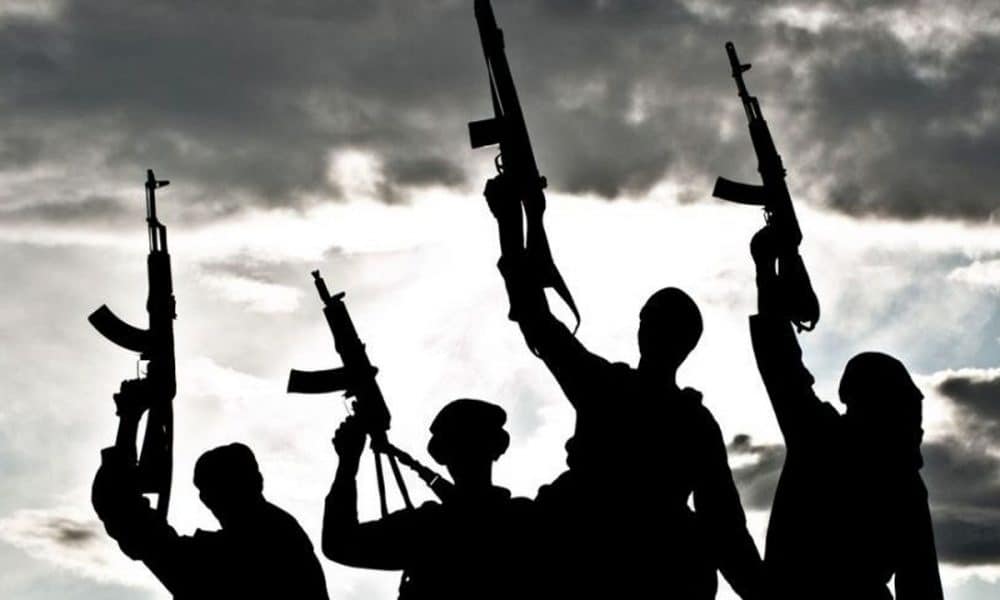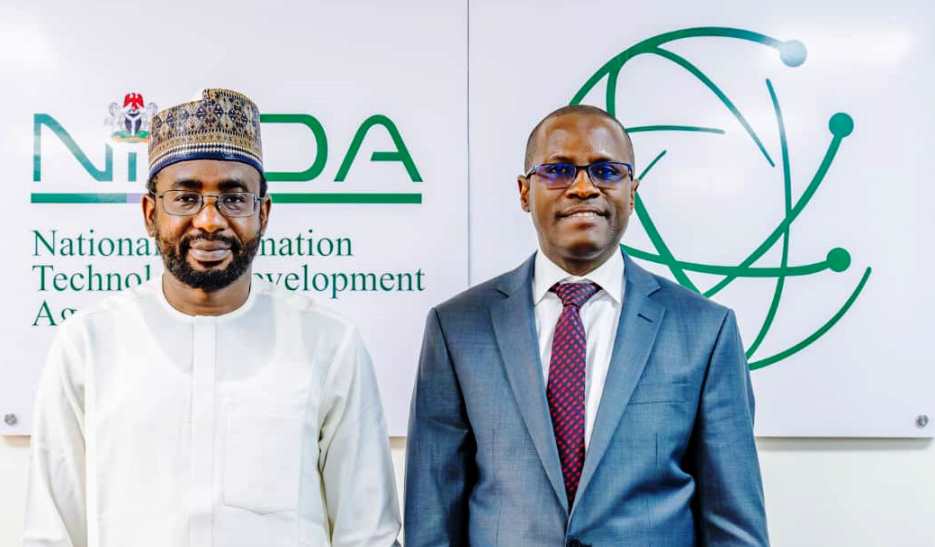Tension at Jigawa’s Bilyaminu Usman Polytechnic as Armed Attackers Invade Student Quarters
Residents and students of Bilyaminu Usman Polytechnic (BUPOLY), located along Malam Madori road in Hadejia, Jigawa State, were thrown into panic on Thursday night after an alleged attack by a group of armed bandits at the institution’s student quarters.
Eyewitnesses claim that several students suffered injuries during the incident and a number of mobile phones and other valuables were reported stolen. The attack has sparked renewed debates about the safety of tertiary institutions across Nigeria and the wider West African region.
According to accounts reported by The PUNCH, those present at the scene described the attackers as heavily armed and menacing. The assailants reportedly made an attempt to abduct students but were deterred after the victims raised loud alarms that alerted nearby communities.
“It was around midnight when the attackers came. They caused chaos, injured some students, and took away many phones belonging to the students,” a source from within the polytechnic told journalists, painting a picture of chaos that left students traumatized and on edge for hours after the incident.
The Role of Community Response
Another local witness, Tukur Danlami, emphasised the quick intervention of neighbours from nearby communities. He noted that the panic-laden cries for help from students prompted an immediate response from residents, which may have forced the attackers to abort their plans and flee the area.
Two of the polytechnic’s students, Manniru Magaji and Yunusa Yaro, also recounted their experiences, describing a night marked by fear and confusion. Manniru Magaji remembered, “We heard loud noises and commotion and saw people running away with phones in their hands. We were very scared.” His peer, Yunusa Yaro, added: “They entered our dormitory with weapons, attacked us, and stole several phones without warning. Thankfully, we escaped unharmed.”
Authorities Respond to the Attack
In the aftermath of the incident, the Jigawa State Police Command confirmed the event on Friday. Police Public Relations Officer, Lawan Shiisu Adam, told journalists that the attack occurred at an off-campus male hostel located in a somewhat isolated environment near the main institution.
“From our records, two students were seriously injured during the attack. They were promptly taken to Hadejia General Hospital for treatment. As I am speaking to you this evening (Friday), they have been discharged by the medical doctor,” Adam disclosed.
The police have indicated that investigations are underway, and they have reinforced security presence in the vicinity of the polytechnic and the surrounding neighbourhoods to guard against further incidents.
Community Leaders Voice Concerns
Local leaders have voiced their dismay at the incident, describing it as a wake-up call for authorities responsible for the safety of students and other residents in Jigawa State. Garba Ibrahim, a prominent youth leader in the area, condemned the attack, calling it a serious threat to the educational environment.
“The people here are terrified. Such attacks disrupt peace and threaten the safety of our youth. We call on the government and security agencies to take urgent and concrete steps to protect the students and residents alike,” Ibrahim stated, urging authorities to intensify security patrols around the institution. He further assured continued support from the local community for law enforcement agencies.
A Broader Crisis: Security at Nigerian Tertiary Institutions
The incident at Bilyaminu Usman Polytechnic is not isolated. Nigeria has witnessed similar security breaches at other institutions in recent years, sparking widespread concern and debate. According to data from SBM Intelligence and media monitoring, at least 1,500 students and teachers have been abducted from schools across the country since 2014, with the majority of these incidents taking place in North West and North Central states.
Experts warn that recurrent attacks not only disrupt academic activities but also have a chilling effect on student enrolment and staff morale. Lagos-based security consultant, Dr. Kayode Otitoju, commented: “If urgent action is not taken, we risk losing a generation of students to fear and uncertainty. Schools must remain safe havens for learning.”
Comparative Perspectives and Regional Context
Security challenges extend beyond Nigeria’s borders, with neighbouring countries like Ghana, Niger, and Cameroon also grappling with attacks on educational institutions. However, Nigerian cases have garnered more international attention due to higher frequencies and the scale of abductions.
The growing concern has also seen international partners and donor agencies call for continuous investment in school security infrastructure, crisis response training, and closer collaboration between communities and security services.
Next Steps: Community Resilience and Institutional Preparedness
In response to the attack, local authorities have reportedly stepped up night patrols, while student leaders urge their peers to maintain vigilance and promptly report any suspicious movement. According to Hadejia Security Watch, a civil society group, increased investment in perimeter fencing, CCTV, and campus-based security teams is necessary to address immediate and long-term risks.
Parents and guardians have also called for improved communication channels between the school administration and families, especially during emergencies. A mother of one of the students, Fatima Isah, shared: “We were left worried until our child called us in the morning. Schools should adopt emergency alert systems so parents are not left in the dark.”
The Way Forward
- Enhancing cooperation between local vigilante groups and the police for faster response times.
- Adopting a robust student orientation program on safety and emergency response.
- Allocating more funds for student welfare and physical safety improvements.
- Mobilising traditional rulers and faith-based leaders to join inclusive dialogues on youth safety.
Continued vigilance and effective partnerships among schools, law enforcement, and local communities are key to safeguarding academic environments, not just in Hadejia but also across Nigeria and beyond.
If you have a tip, opinion, or personal story to share, we want to hear from you. Get your story published by emailing us at story@nowahalazone.com. For general support, contact us at support@nowahalazone.com.
Don’t miss updates—follow us on Facebook, X (Twitter), and Instagram to get the latest stories and community news!










